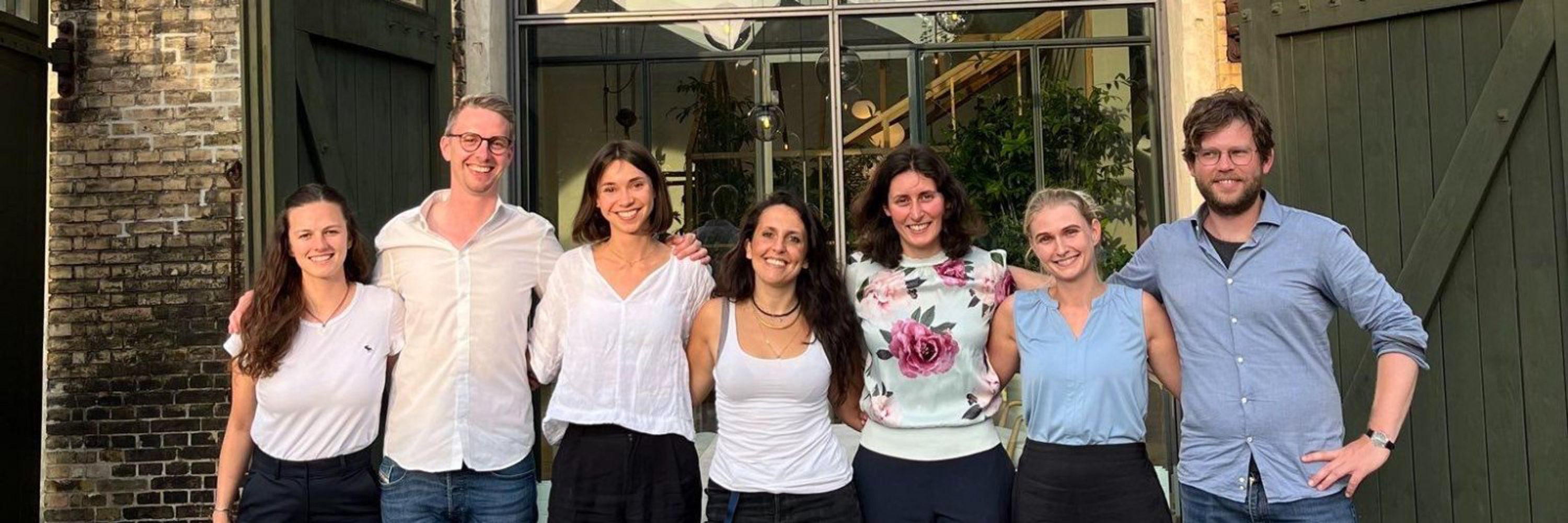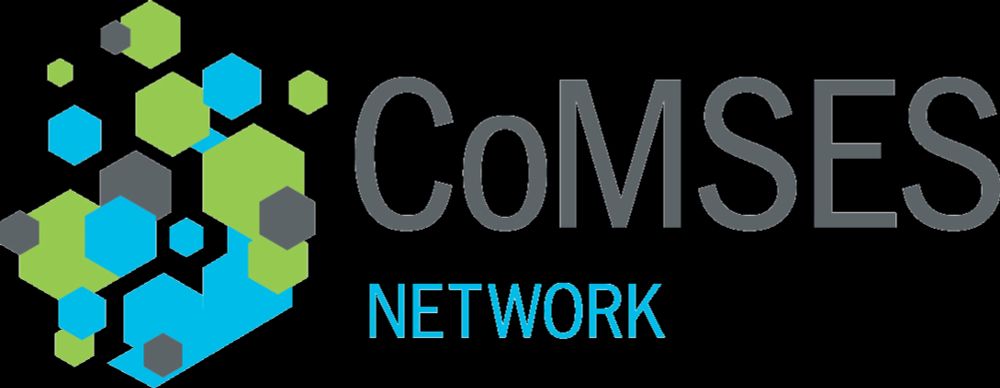
Joint research group at @LeuphanaLüneburg & @UniBasel, exploring climate and energy-related judgment and decision-making around the world.
🔗 Read the preprint: doi.org/10.31234/osf...
#BehaviorChange #Sustainability #ChoiceArchitecture #Nudging#SelfControl (6/6)
🔗 Read the preprint: doi.org/10.31234/osf...
#BehaviorChange #Sustainability #ChoiceArchitecture #Nudging#SelfControl (6/6)
4️⃣ Show how nudges, nudging plus, and boosts might affect similar self-control processes, and
5️⃣ Call for more targeted, theory-driven, and scalable behavior change interventions. (4/6)
4️⃣ Show how nudges, nudging plus, and boosts might affect similar self-control processes, and
5️⃣ Call for more targeted, theory-driven, and scalable behavior change interventions. (4/6)
1️⃣ Contribute to understanding when and why interventions work (or don’t),
2️⃣ Propose six key psychological mechanisms of influence, (3/6)
1️⃣ Contribute to understanding when and why interventions work (or don’t),
2️⃣ Propose six key psychological mechanisms of influence, (3/6)
Article link (open access): doi.org/10.1016/j.cr... (7/7)

Article link (open access): doi.org/10.1016/j.cr... (7/7)

